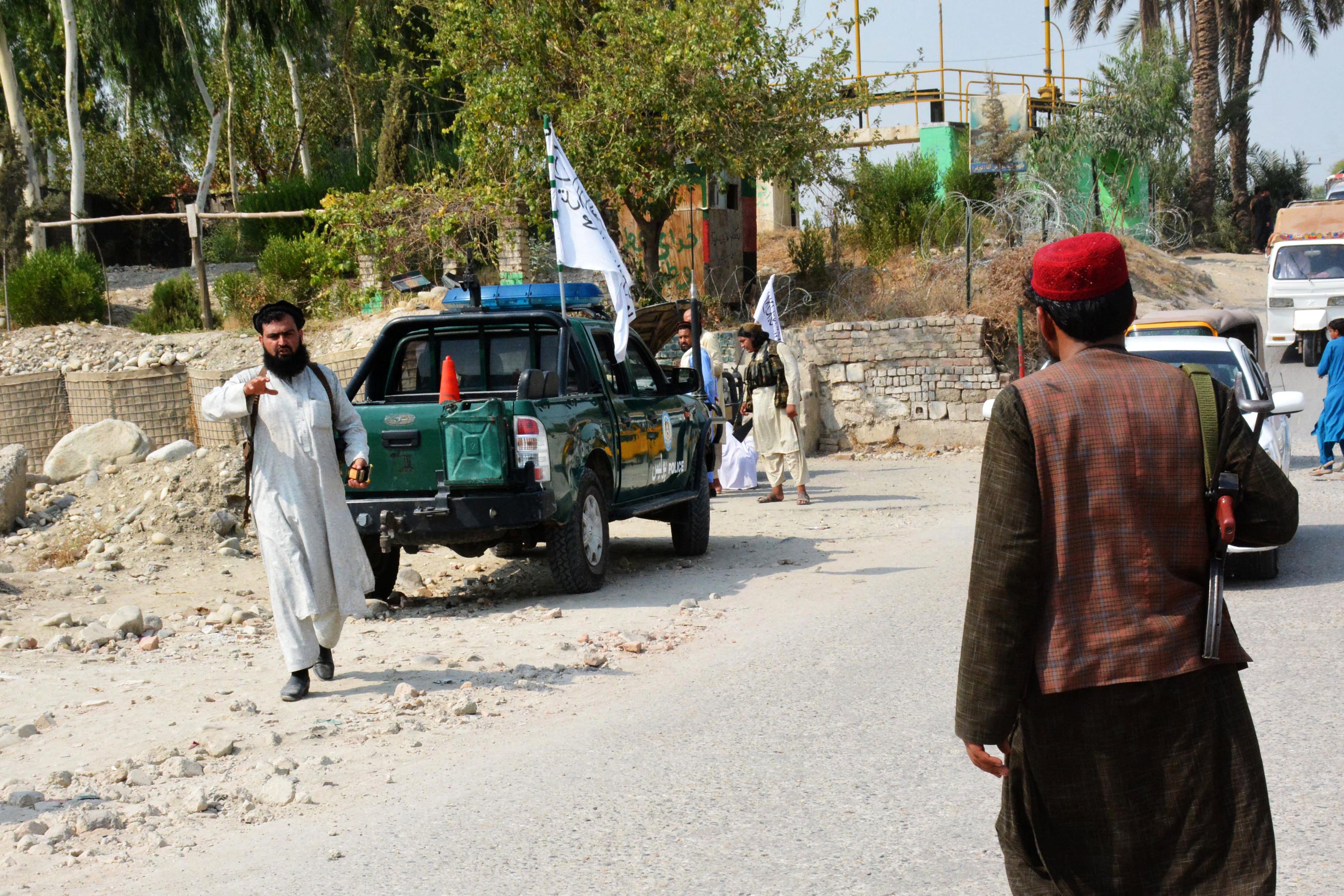Isis in Afghanistan could have the capability of attacking US in six months, intel finds
It is still unclear if the Taliban has the ability to fight Isis effectively, says senior Pentagon official

Your support helps us to tell the story
From reproductive rights to climate change to Big Tech, The Independent is on the ground when the story is developing. Whether it's investigating the financials of Elon Musk's pro-Trump PAC or producing our latest documentary, 'The A Word', which shines a light on the American women fighting for reproductive rights, we know how important it is to parse out the facts from the messaging.
At such a critical moment in US history, we need reporters on the ground. Your donation allows us to keep sending journalists to speak to both sides of the story.
The Independent is trusted by Americans across the entire political spectrum. And unlike many other quality news outlets, we choose not to lock Americans out of our reporting and analysis with paywalls. We believe quality journalism should be available to everyone, paid for by those who can afford it.
Your support makes all the difference.Isis in Afghanistan could have the capability to attack the US as early as in the next six months, a senior Pentagon official told Congress, citing intelligence inputs.
Undersecretary of defence for policy Colin Kahl, in testimony before the Senate Armed Services Committee on Tuesday, said the US could see the Isis-K “generate that capability in somewhere between six or 12 months.”
The Islamic State Khorasan Province, referred to as Isis-K, is the terror outfit’s eastern wing prevalent in Afghanistan.
Mr Kahl said it was still unclear whether the Taliban has the ability to fight Isis effectively. “It is our assessment that the Taliban and Isis-K are mortal enemies. So the Taliban is highly motivated to go after Isis-K. Their ability to do so, I think, is to be determined,” he said.
The official suggested that the Isis in Afghanistan had a “cadre of a few thousand” fighters.
Following the US’s withdrawal of its troops from Afghanistan in August that ended its two-decade-long war with the Taliban, Isis-K has renewed its attacks on the country.
The terror outfit considers both the Taliban and the US its enemies and was responsible for the 26 August blasts outside the Hamid Karzai International Airport in Kabul, which killed at least 170 Afghan nationals and 13 US troops.
The outfit is known for targeting the minority Shia sect of Islam in Afghanistan. Suicide bombers affiliated with the outfit also struck two Shia mosques this month, killing at least 90 worshipers.
The US, during its time in Afghanistan, fought the Taliban and attacked both the Isis and al-Qaeda.
Mr Kahl suggested that the al-Qaeda in Afghanistan posed a more complex problem, given its ties to the Taliban. He added that it could take al-Qaeda “a year or two” to regenerate its capability to carry out attacks outside of Afghanistan and against the US.
Earlier in September, chair of the joint chiefs of staff General Mark Milley had said that the terror threat from Afghanistan is now lower than it was on 11 September 2001, but added that the Isis-K or al-Qaeda could reconstitute within a relatively short time.
“We are in conversations with Pakistan to keep the airline of communication open,” Mr Kahl said. The US now reportedly uses the country’s airspace to fly drones over Afghanistan.
Mr Kahl, however, added that the US did not have any agreements with any of Afghanistan’s neighbouring countries to host troops for counterterrorism efforts.
Acting Afghan foreign minister Amir Khan Muttaqi had earlier said Afghanistan would not become a base for attacks on other countries, even as the Taliban government has ruled out cooperation with the US to contain other extremist groups.
“We are able to tackle Isis-K independently,” Taliban spokesperson Suhail Shaheen had told the Associated Press earlier this month.
President Joe Biden, after the August attack, warned the Isis-K of repercussions. “To Isis-K, we are not done with you yet,” he said, adding that “to those who wish America harm, we will hunt you down and you will pay the ultimate price.”
Join our commenting forum
Join thought-provoking conversations, follow other Independent readers and see their replies
Comments